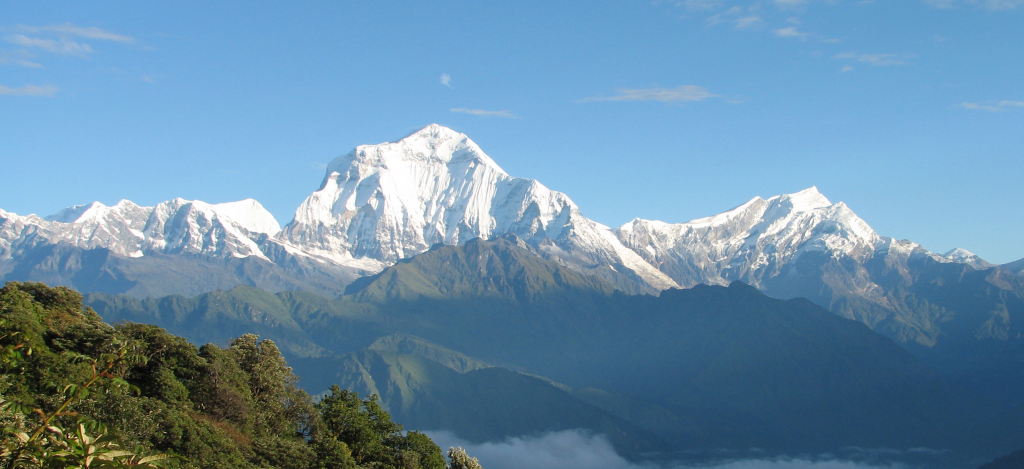Recycling of waste has never been a viable solution in the context of the Himalayas. As a solution, it is a lacking one, because it proposes that waste be managed only after collection and puts a heavy financial burden on those collecting the waste. A project to clean up the Everest region by Saving Mount Everest cost $780,000 and successfully collected 8.1 tons of garbage, which amounts to approximately $96/kg. These cleanup projects are financially and labor intensive whereas a comprehensive, publicly agreed ban on plastic bags will cost only a small amount.
This proposal would recommend the Government of Nepal’s Ministry of Tourism and Civil Aviation in collaboration with all concerned government agencies, local communities, tourism operators, and NGOs to ban the sale and use of all single-use polyethylene plastic bags and plastic mineral water bottles.
For a successful ban, we need collaboration between three approaches. A ban enforced by the National Parks, a ban enforced by local communities, and a self-imposed ban by the tourism sector. Some of the most successful bans have come through a public-private partnership. Ladakh is a good example where a local Women’s Alliance proposed the ban which was then supported and enforced by the local government.
Phase 1: Awareness building and publicity
Awareness building prepares the tourists and locals for the Ban and provides ample time to prepare for alternatives. It also allows the campaign to gain support from other agencies
- Promote the Ban at all governmental tourist related agencies such as port of immigration, airports, websites and promotion materials, park entrances, TIMS, etc.
- Through travel and trekking agencies, build awareness among incoming tourists to make sure that they are aware of the “would-be” ban, requiring them to bring water bottles and purifying pills or use filters when available in lodges and hotels.
- Require lodges and Hotels not to sale of mineral water and to purchase big capacity filters to face the demand which could be sold to travelers,
- Secure local communities awareness and backing of the campaign

Phase 2: Implementation and Enforcement
This is the most critical aspect of the campaign. Implementing the Ban with the support from local communities is necessary to make the campaign successful and sustainable.
- Set up a date for the ban to be implemented
- Promote alternatives to plastic bags and plastic bottles such as water filters, purifying pills and local women associations to produce cotton, paper or hem bags.
- Enforce the Ban at Park entrances and exits, and in all trekking areas.(local airports, check points, lodges and hotels, with a recognizable label/sticker
- Bring the campaign to local schools youth groups, women associations, and local groups bodies.
- Impose fines on shopkeepers that continue selling plastic mineral water bottles and distributing plastic bags once the ban is enforced. Find a local strategy to collection of fines and re-investment in environmental causes.
- Lobby the Ministry of Industry to stop new licensing to mineral water bottlers in national parks and trekking areas through other concerned ministries.

Phase 3: Monitoring
- Simply declaring a Ban is not enough: it has to be strictly monitored and evaluated by local pressure groups, Park personal, Government agencies, etc.
- Local communities need to be aware and supported to enforce the ban by the parks authorities and local government. Local communities that enforce the ban wholly should be rewarded by good publicity and a green label.
- Creating a index to measure success


